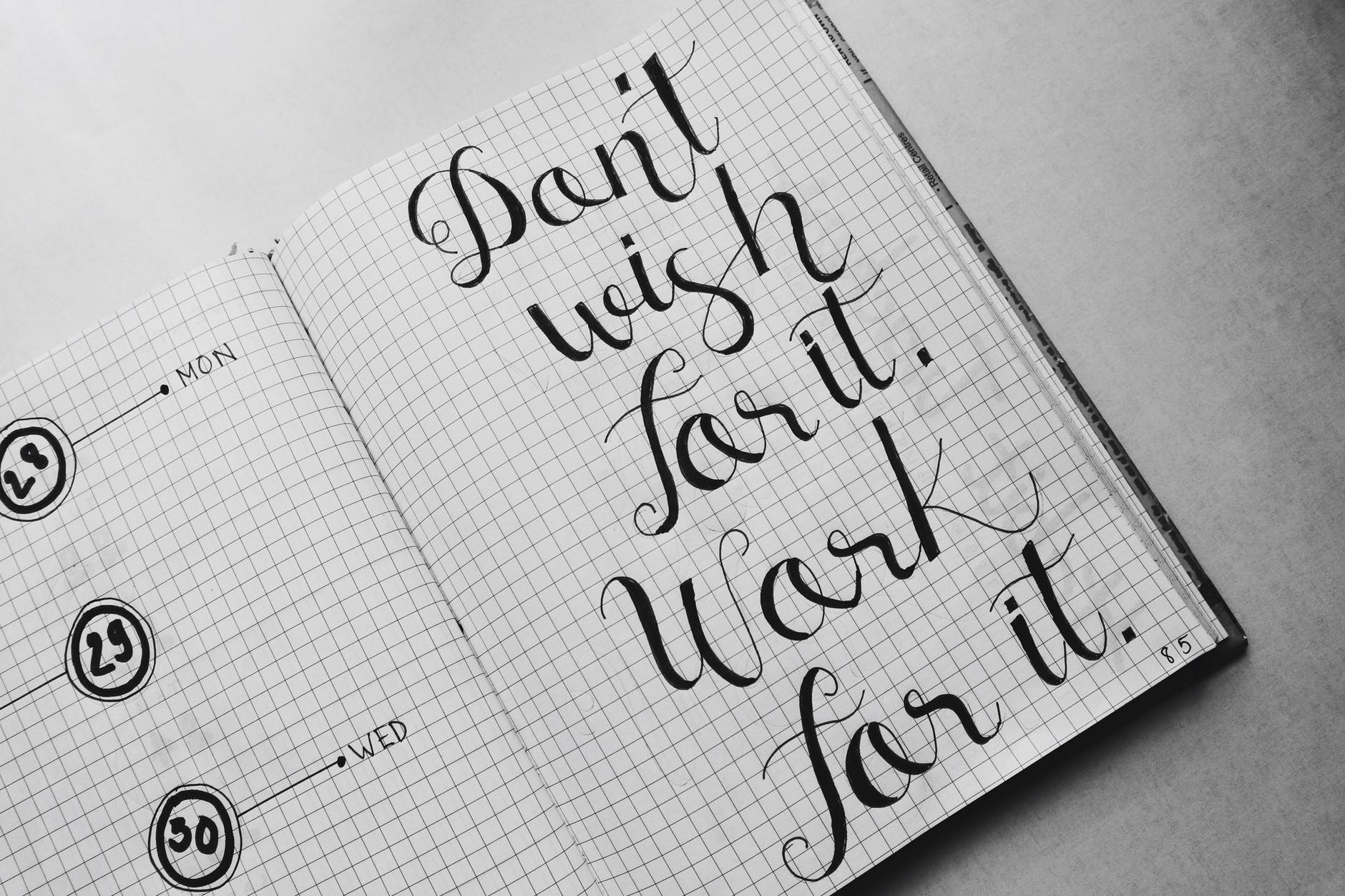When I attended writing retreats, one of the best things was that the presenters brought in boxes upon boxes of genre-specific books. Participants perused them and choose a mentor text.
I always chose something that I’d never read and was never disappointed. (NOTE: Love That Dog by Sharon Creech was an especially delightful surprise.)
Reproducing that abundance of mentor books seemed like a challenge. I planned to focus on contemporary fantasy for children and young adult.
Naturally, I visited the library. Librarians knew not only contemporary literature, but popular fantasy authors of the ’60s and ’70s. And, as luck would have it, the Friends of the Library held a book sale: $2 per BAG.
Between borrowing and buying, I now have a plethora of mentor texts. Expect, dear blog-readers, to see reviews.


